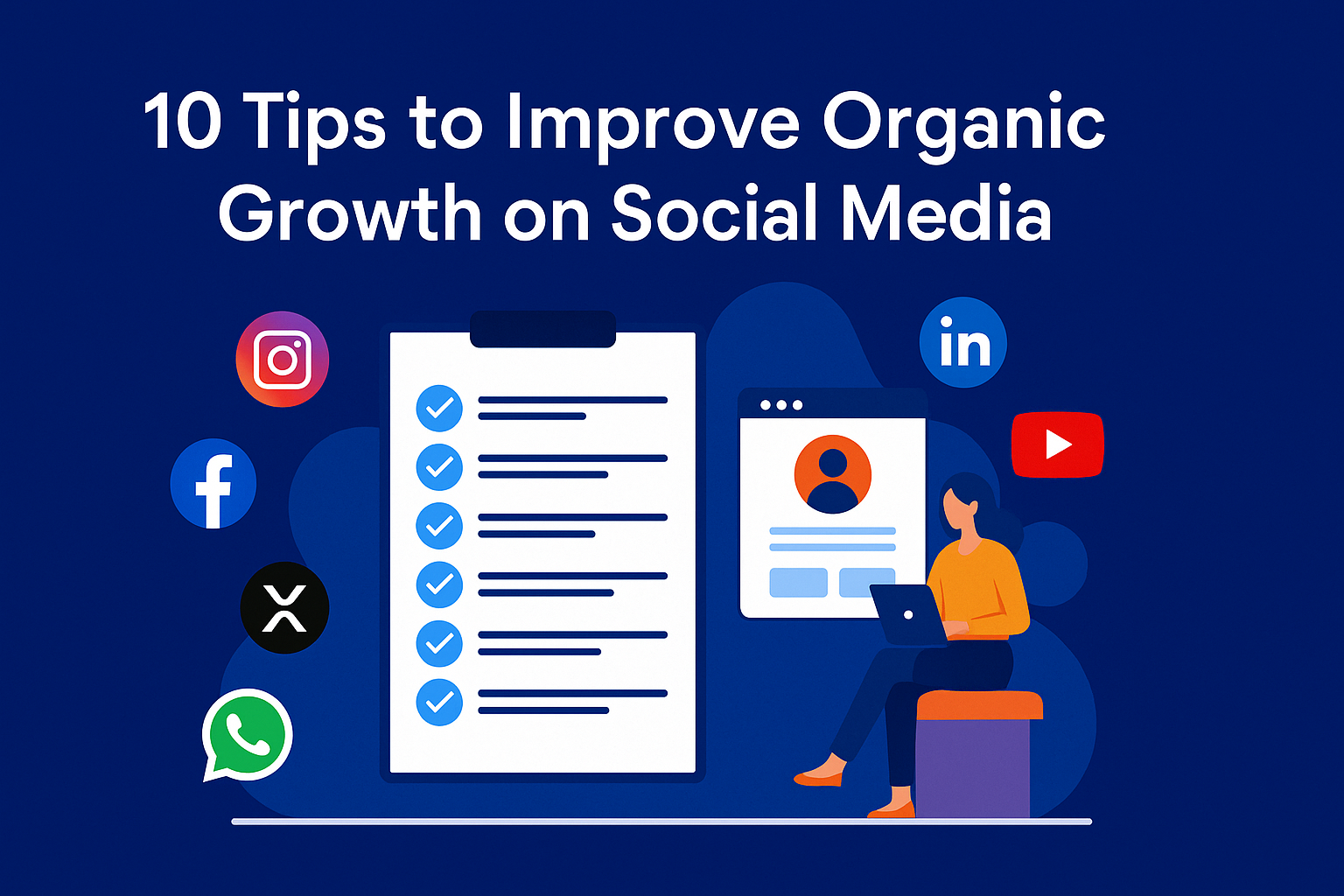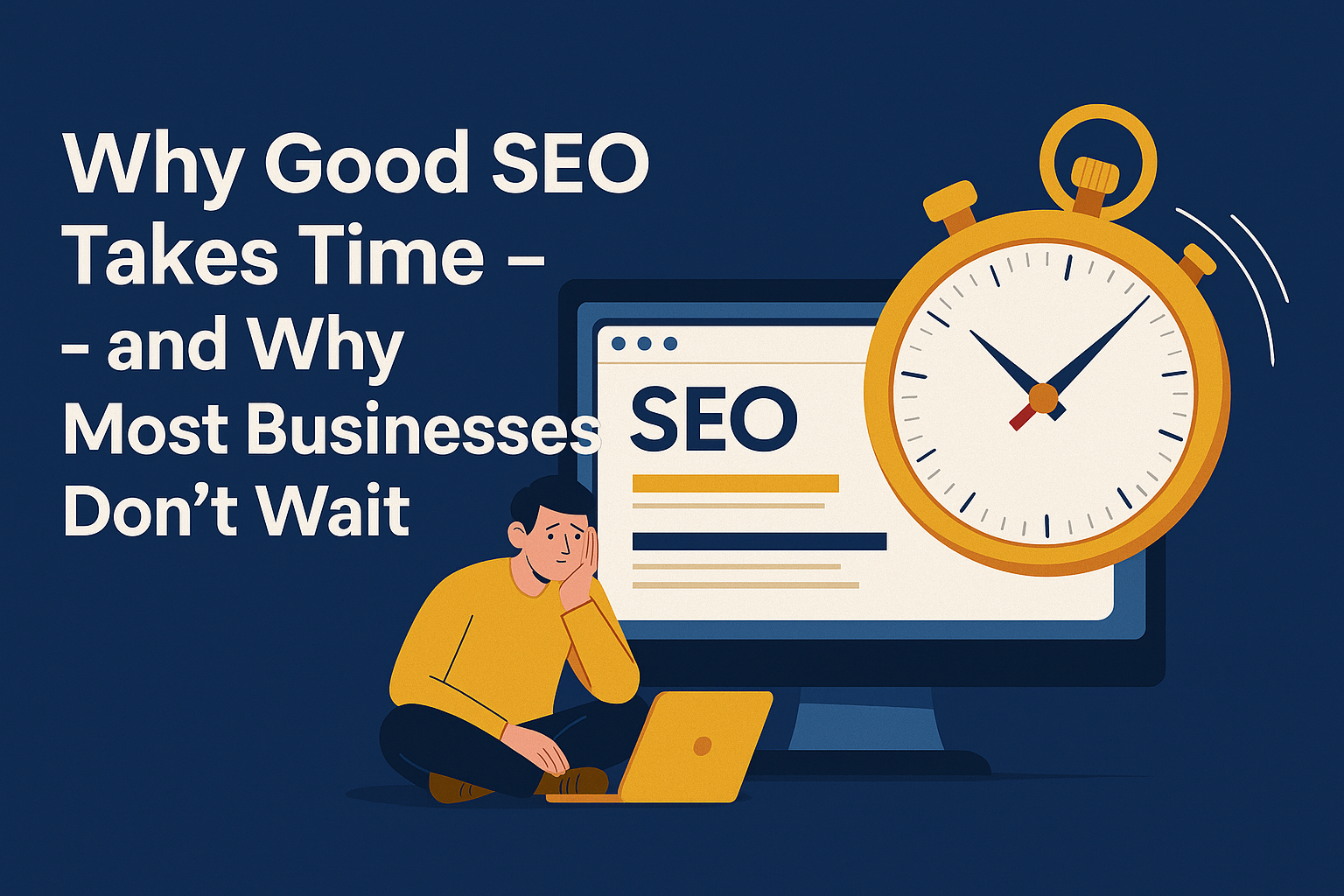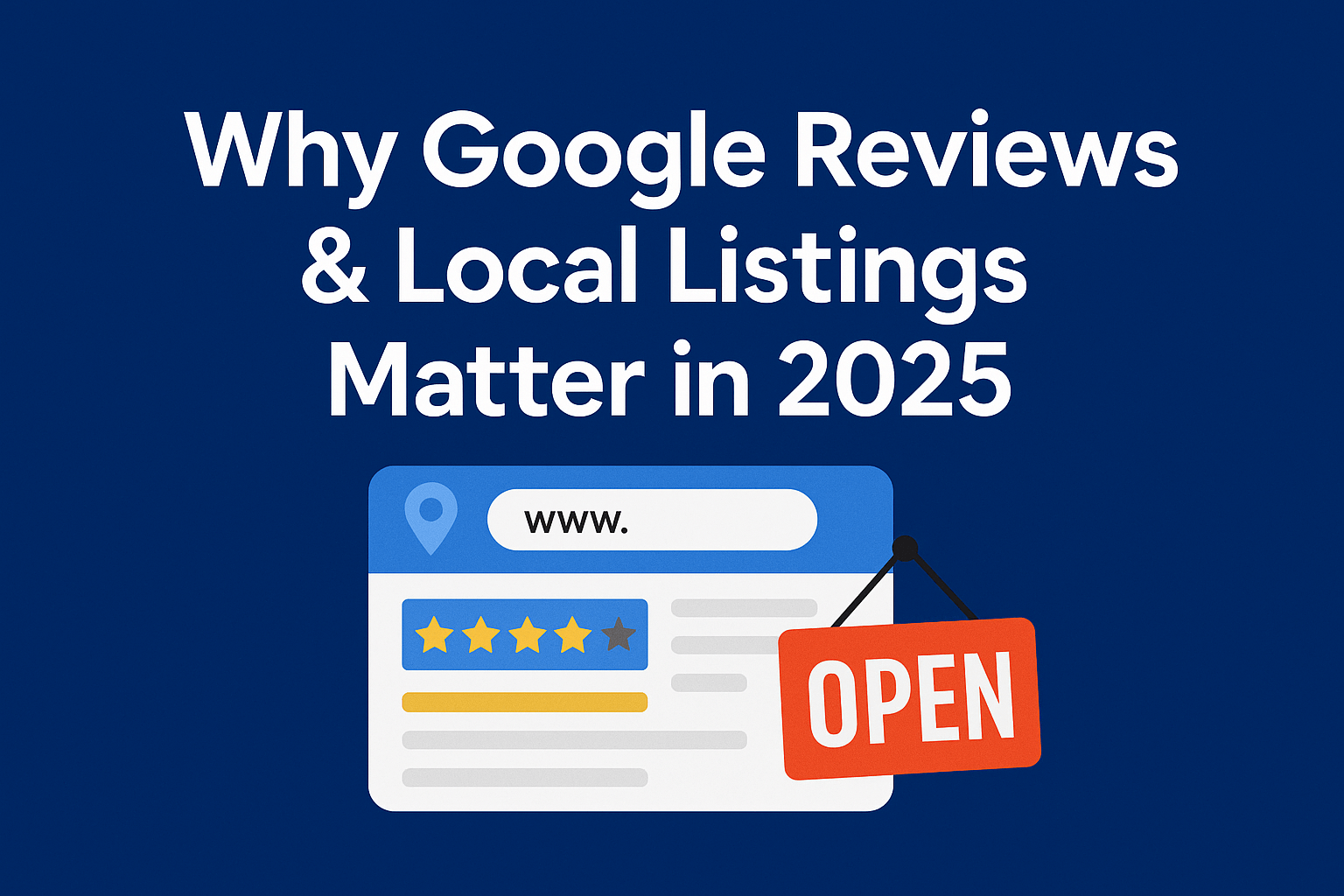Social media platforms are growing rapidly, becoming an integral part of our daily lives. As of early 2021, there were over 4.33 billion social media users worldwide, accounting for more than 55% of the global population. With these numbers constantly increasing, it’s evident that social media is no longer just a space for likes and comments from friends and family.
Today, social media platforms serve as digital marketplaces, knowledge-sharing hubs, entertainment sources, and powerful tools for businesses to reach their target audience. From promoting services and products to conducting direct sales, social media marketing services have become essential for any business aiming to succeed in the digital world.
The Evolution of Social Media for Businesses
Major brands—from food and beverage giants to automobile manufacturers—are now actively using social platforms to engage with customers. In fact, some startups and small businesses have completely transitioned from traditional websites to running their entire operations through social media.
This leads us to a vital question: What does the future hold for social media? Will we soon live in a fully virtual world? How will users and advertisers adapt moving forward?
Let’s explore the trends shaping the future of social media in 2025 and beyond.
Also read: How To Promote Your Business
1. The Growing Role of Social Networks
Social networks are no longer limited to engagement and brand awareness. Today, social commerce is on the rise, enabling direct sales through platforms like Facebook Shops, Instagram Shopping, and WhatsApp Business.
Research shows that users are becoming increasingly comfortable purchasing products directly from social media. Businesses that invest in professional social media marketing services can expect high returns by tapping into this growing trend.
Pro Tip: Partner with a top digital marketing agency to strategize your social media campaigns for better conversions and ROI.

2. Dominance of Mobile Devices
Over 90% of social media users access platforms via mobile devices. This statistic highlights the critical need for mobile-optimized content and ads. Platforms are now heavily mobile-focused, offering intuitive interfaces, better resolution, and seamless mobile experiences.
For marketers, this means prioritizing mobile-first ad campaigns and designing content that loads quickly and looks great on smartphones.

3. Innovative Features on Social Platforms
Social networks have evolved from simple connection tools to dynamic branding platforms. Today, users can:
Edit images and videos
Blog directly on platforms
Use cloud storage features
Tag geographic locations
These features are redefining how individuals and brands present themselves online, leading to the rise of personal branding and influencer marketing.

4. The Rise of Visual Social Networks
Humans are visual creatures. Platforms like Instagram, YouTube, and TikTok thrive because they offer visually engaging content—making it easier for brands to convey their message.
Visual content is now a dominant tool for businesses to solve marketing challenges and build brand visibility. Incorporating videos, reels, infographics, and carousels into your content strategy is no longer optional—it’s essential.
5. Growth of Geo-Social Services
Geo-targeting is a game-changer. Platforms like Nextdoor are already using location-based marketing to help businesses reach customers in their vicinity. Whether you’re a bank, telecom company, or local service provider, geo-social features enhance local visibility and drive higher engagement.
Adding location tags, local hashtags, and map-based promotions can drastically improve your brand’s discoverability.

6. Automation in Social Media Marketing
Automation is the future of social media marketing. With tools that handle everything from automated ad targeting to performance analytics and real-time monitoring, businesses can streamline their efforts for better efficiency.
Benefits of social media automation include:
Real-time audience insights
Consistent posting schedules
Targeted ad optimization
Better ROI tracking
Partnering with an experienced digital marketing agency can help you set up and manage automated campaigns effectively.
7. Social Media in Recruitment
Social recruiting is becoming a valuable method for HR departments. Recruiters now use platforms like LinkedIn, Facebook, and even Instagram to evaluate candidates, analyze their online activity, and understand their personality.
This trend allows organizations to hire more effectively while building a strong employer brand online.
What’s Next for Social Media?
Several transformative technologies and trends will continue to shape the future of social media:
Artificial Intelligence (AI) and Robotics: These technologies are being integrated into chatbots, content curation, and customer service.
Big Data and Analytics: Helps understand user behavior and customize offerings.
Interactive Media: Enables users to participate rather than just consume content.
Device Convergence: Phones, TVs, cars, and home appliances will be increasingly interconnected.
Mass Personalization: Marketing will shift from generic messaging to adaptive and hyper-personalized content.
Final Thoughts: The Future of Social Media is Bright
So, what is the future of social media?
Social media is evolving into an all-in-one digital ecosystem that connects, informs, entertains, and sells. With the convergence of AI, mobile-first strategies, geo-targeting, automation, and visual content, businesses that leverage these trends will gain a competitive edge.
If you’re a business looking to thrive in the digital age, investing in social media marketing services and SEO services from a top digital marketing agency is no longer optional—it’s essential.







